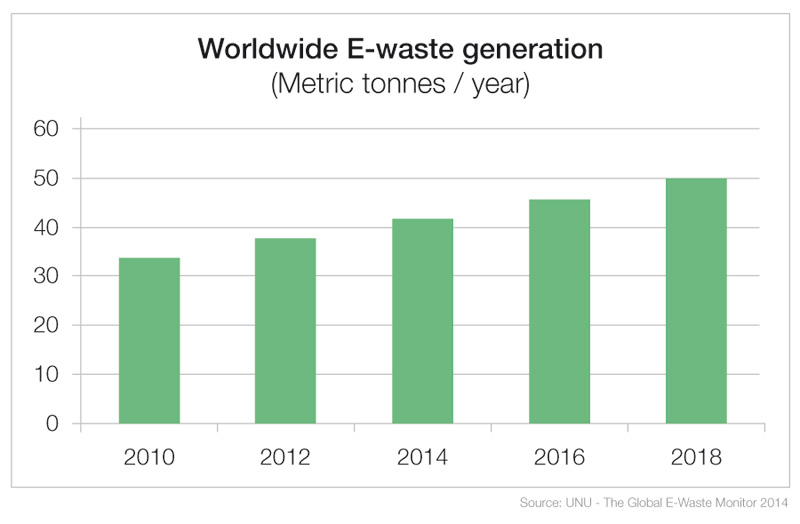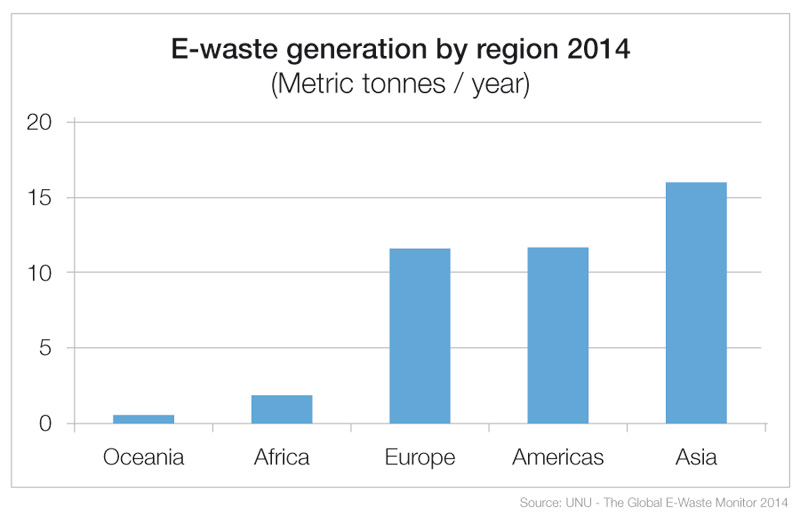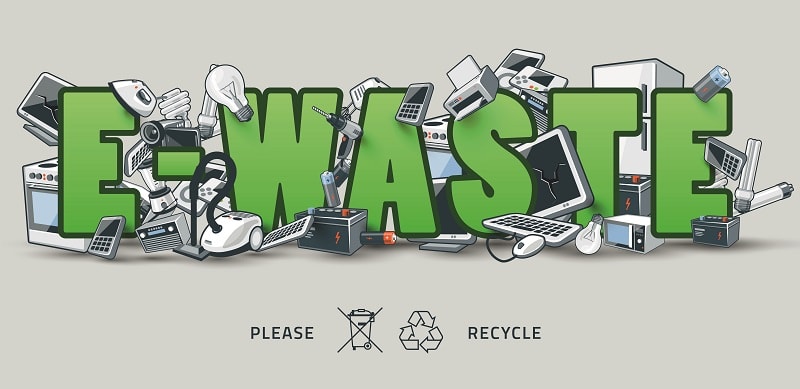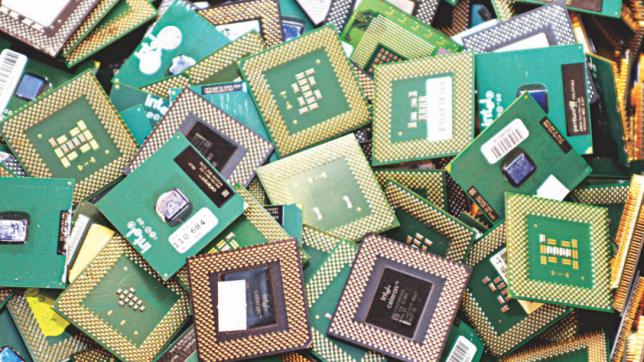Technological advancement has increased the usage of the electronic devices among the mass population. End of the lifecycle discarded electrical and electronics products have environmental and social impact. Array Consortium is working to create awareness and Read More



Anjuman Akter
Managing Director, Array Consortium
Myself Anjuman Akter on behalf of Array Consortium Limited, we would like to find the solution of e-waste management hence to provide a better way to collect the wastages from all the electronic devices, which tend to be dumped Read More
Important
How It All Starts
Every year, hundreds of tones worth of smartphones, tablets, laptops, headphones and many more are stopped being used or thrown away completely because they’re either outdated, broken or get unusable.

What Are These E-Waste Made Of
Electronic internals are mostly made of precious metals, such as, copper, silver and gold due to their high conductivity and non-corrosive properties.
1 ton of mined land would produce about 5 grams of gold, whereas 1 ton of electronics can contain about 350 grams of gold.
Current Solution
Current solution to harnessing these precious metals from e-waste is by sending them overseas to poorer countries with fewer environmental regulations. These countries use very toxic and dreadful processes- letting a whole landfill of e-waste burn and later collecting them- which process poisonous and life-threatening byproducts, polluting the air, and even the water streams nearby the area.
Our Mission
Improve the environment by promoting waste recycling activities in the country
Conduct research and experiments regarding solid waste management, recycling, clinical and hazardous waste management, waste water treatment, as well as organic farming.
Develop community--private sector--municipal partnerships towards the improvement of the urban environment
Create job opportunities by promoting the recycling of waste.
E-Waste Collection
We help you protect the environment by keeping waste materials out of landfills and keeping our earth green.
E-Waste Management
Array Consortium has taken a bold & generation demanding decision to collect E-Waste from every corner of Bangladesh.
Recycling
Recycle is simply the process of making of new products from products that has been used and disposed as waste.
Service Benefits
- Maximises the value of excess & obsolete assets whilst minimising costs & liabilities
- Reduces Opex by eliminating warehousing costs of obsolete inventory
- Minimises obsolescence costs by converting legacy assets into raw material, or cash
Array Consortium is active in the following fields
- Solid Waste Management and Resource Recovery
- Clinical and Hazardous Waste Management
- Waste Water Treatment
- Community Based Environmental Improvement
- Urban Environmental Management
- Municipal Services Planning
- Environmental Impact Assessment
- Environmental Management System (ISO 14001)
- Climate Change & Clean Development Mechanism
- Organic Farming
- Laboratory Testing Facility

